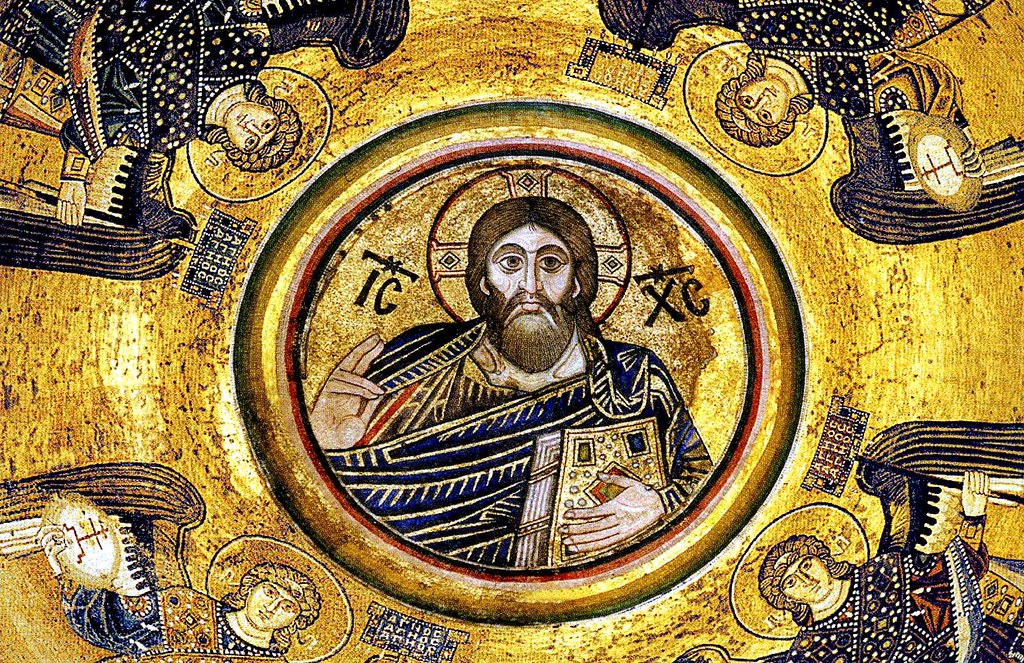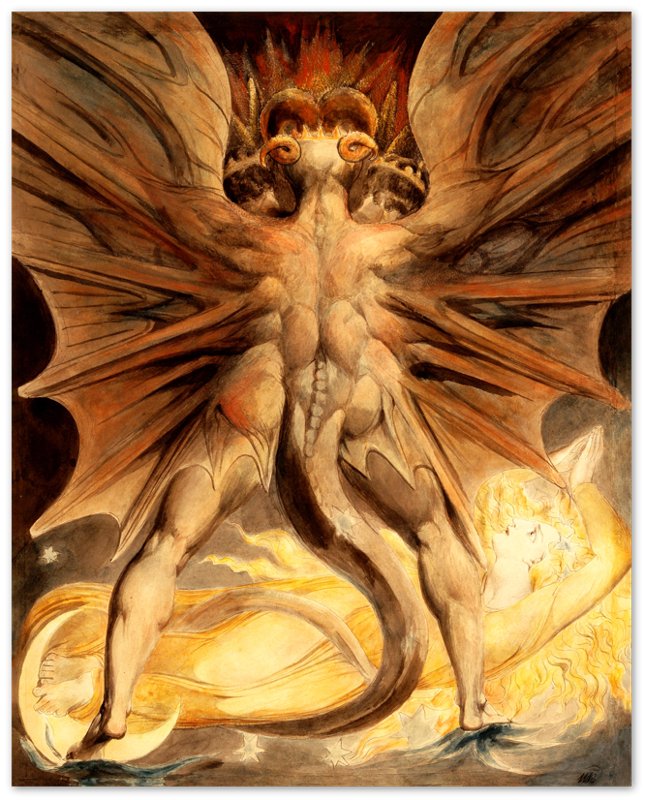Apart from its stellar collection of books and journals, and its ever-helpful staff, one of the things I like best about the Clifford E. Barbour Library at Pittsburgh Theological Seminary is the whiteboard by the front desk. Periodically, someone on the staff posts a whimsical question, usually with a biblical connection (one I recall was, very simply, “Hebrew or Greek?”), to which library patrons are encouraged to respond. The picture at the head of this blog shows a recent question, relating to the book of Daniel: “Would you rather sit in the lion’s den with Daniel, OR get thrown into the furnace with Shadrach, Meshach, and Abednego [that is, with an eye to Veggie Tales fans!] (Rack, Shack, and Benny)?

In keeping with the whimsy of the question, I said that I’d rather be with Daniel, because “I like kitties!” But, Bible Guy and professor emeritus that I am, I couldn’t resist adding an exegetical note. If you have trouble deciphering my purple scrawl, it says,
Also, Daniel’s deliverance is assured in the traditions; the Three go in not knowing if deliverance will come. . .
The ellipsis at the end was very deliberate, meant to indicate an open-endedness to the moment before their (would-be) martyrdom. Another patron added a note of their own: “meeting God, though?” So, what happens in this biblical narrative?
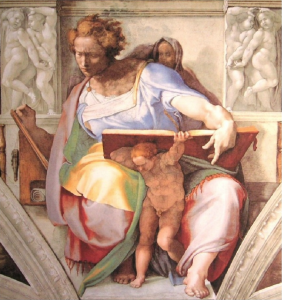
In Daniel 3, Nebuchadnezzar invites officials from throughout his empire to the dedication of a huge golden image reminiscent, perhaps, of the king’s dream (see Dan 2). The Aramaic word used here, tselem, is found in an ancient inscription (perhaps 9th or 10th century BCE) on a memorial statue from Tell Fekhariyeh in Syria, where it describes the statue as the “image” of Adad-it’i, governor of Guzan, Sikan, and Azran (cf. A. R. Millard and P. Bordreuil, “A Statue from Syria with Assyrian and Aramaic Inscriptions,” BA 45 [1982]: 135-42). This term is closely related to the Hebrew tselem (“image”), used in Genesis 1:26-27 NRSVue for the creation of human beings “in the image of God.” So, the CEB rendering “statue” is appropriate. The image is gigantic: six cubits broad by sixty cubits high, or, about 9 by 87 1/2 feet. We are not told anything about who or what this golden statue was supposed to represent. For the writer of Daniel, all that matters is that it was to be an object of false worship.
Nebuchadnezzar invited officials from throughout his empire to the dedication of the huge golden image. To the assembled crowd of people and dignitaries from across Nebuchadnezzar’s empire, a herald proclaims that, when the music begins, all are to fall down and worship the image. The herald warns that when the music plays “Anyone who will not bow down and worship will be immediately thrown into a furnace of flaming fire” (Dan 3:6)–or, as the KJV famously reads, “a burning fiery furnace.”
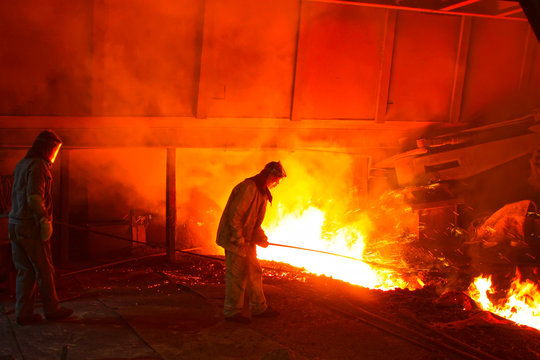
To us, this story may well seem needlessly repetitive. Elements such as the list of seven officials in Daniel 3:2-3, the list of six musical instruments in Daniel 3:5, 7, 10, and 15; the account of the people’s actions upon hearing the music, even the stereotypical description of the furnace as “a furnace of flaming fire” are repeated again and again. However, repetition is an earmark of the traditional storyteller’s art. The stereotyped elements make the story easier to remember and recite, and carry the listener along with a sense of the familiar. And, as any parent or grandparent who has ever read a favorite story to a child can tell you, audiences of traditional stories anticipate those repeated elements, and will insist on hearing them!
Of course, Daniel’s three friends Shadrach, Meshach, and Abednego (see Dan 1:6-7; intriguingly, nothing is said of Daniel himself in this narrative) refuse to bow down. Perhaps envious of the high position the three Hebrews enjoy in Nebuchadnezzar’s court, Babylonian rivals accuse the three before the emperor himself. In a rage, Nebuchadnezzar orders them brought before him.
In Daniel 3:14-15, the three Hebrews are commanded to worship the statue not through a herald, but by Nebuchadnezzar himself. There is no room now for them to claim that they had misunderstood the command, or to otherwise hedge their disobedience. Nebuchadnezzar makes their choice painfully clear. Even now, if they will fall down and worship when the music sounds, all will be well. “But if you won’t worship it, you will be thrown straight into the furnace of flaming fire. Then what god will rescue you from my power?” (Dan 3:15).
To any reader of Israel’s story, Nebuchadnezzar’s proud boast will sound familiar. Similarly, when the armies of the Assyrian empire had come to the gates of Jerusalem in the days of King Hezekiah, Sennacherib the Assyrian king had taunted the city’s defenders, “Which one of any of the gods of those lands has rescued their country from my power? Why should the LORD rescue Jerusalem from my power?” (2 Kgs 18:35). Of course, against all expectations, the LORD did deliver Jerusalem from Sennacherib. So, too, as anyone familiar with this story knows, the LORD will deliver Shadrach, Meshach, and Abednego.
However, the three Hebrews cannot know the end of their story: they do not know that they will be delivered! Their refusal to obey Nebuchadnezzar is not rooted in the certainty that God will keep them from harm, but rather in the absolute demand of their faith. The threat of being burned alive would have been tragically familiar to the audience of this story. Antiochus’ minions had done precisely that to members of the pious Judean community this book addresses. 2 Maccabees 7:1-42 describes the horrific death by torture suffered by seven Jewish brothers, one after another, who refused to surrender their faith–ending with their being burned alive.
Shadrach, Meshach, and Abednego refuse to even attempt a defense. There is no doubt that they are guilty of the charge–they did not bow to the golden statue, nor will they bow to it now. Instead, they take their stand:
If our God—the one we serve—is able to rescue us from the furnace of flaming fire and from your power, Your Majesty, then let him rescue us. But if he doesn’t, know this for certain, Your Majesty: we will never serve your gods or worship the gold statue you’ve set up (Dan 3:17-18).
“If our God whom we serve is able”? This statement may come as a surprise. Many older translations, such as the KJV and the RSV, read “If it be so, our God whom we serve is able to deliver us”–as do the NIV and The Message. However, the clearest and best translation of the Aramaic would appear to be the one chosen by NRSVue, and the CEB, printed above.
One might think that this remarkable statement expresses doubt about God, questioning God’s ability to save–but in fact, it is a statement of the purest faith. Whether God delivers us or not, the three men declare, we will not worship false gods. Shadrach, Meshach, and Abednego do not serve God because it is convenient, or because it brings them benefits. For these believers, faith is not a hobby, or a form of therapy. For them, faith is life, and life without faith is not worth having
Like the martyrs in 2 Maccabees, Shadrach, Meshach, and Abednego act in accordance with the absolute demand of their faith. Whatever comes next–whether God delivers them or not–they will not worship other gods.

In his book The Alphabet of Grace, Christian author Frederick Buechner wrote of a day when he was driving home from church “full of Christ, I thought, giddy in the head almost and if not speaking in tongues at least singing in tongues some kind of witless, wordless psalm.” But then, he turned on the radio, and heard a story of horrific child abuse (please take warning if such an account is triggering for you). To punish a crying baby, its parents had filled a tub with hot, hot water and immersed the child in it, scalding their baby to death. Abruptly, Buechner writes,
as I heard it reported on the radio on my way back from of all places church and prayed to almighty God to kick to pieces such a world or to kick to pieces Himself and His Son and His Holy Ghost world without end standing there by the side of that screaming tub and doing nothing while with his scrawny little buttocks bare, the hopeless little four-year-old whistle, the child was lowered in his mother’s arms. I am acquainted with the reasons that theologians give and that I have given myself for why God does not, in the name of human freedom must not, by the very nature of things as he has himself established that nature cannot and will not, interfere in these sordid matters, but I prayed nonetheless for his interference.
Of course, that interference had not come–as it did not come for those Antiochus had burned to death; as it did not come for six million Jews marched into gas chambers and ovens by the Nazis and their willing confederates; as it did not come for Jesus, despite his earnest prayer in the garden, “Father, if it’s your will [there is that “if” again!], take this cup of suffering away from me” (Luke 22:42).
Buechner imagines someone asking why, then, he believes?
I believe without the miracles I have prayed for then; that is what I am explaining. I believe because certain uncertain things have happened, dim half-miracles, sermons and silences and what not. Perhaps it is my believing itself that is the miracle I believe by. Perhaps it is the miracle of my own life: that I, who might so easily not have been, am; who might so easily at any moment, even now, give the whole thing up, nonetheless by God’s grace do not give it up and am not given up by it.
We too have no assurance that everything is going to turn out well for us, or even that we will be able to discern a reason for what happens in our lives.
April 20th, which this year is Easter for Western and Eastern Christians alike, is also the day when, according to an executive order issued on January 2oth by the president,
the Secretary of Defense and the Secretary of Homeland Security shall submit a joint report to the President about the conditions at the southern border of the United States and any recommendations regarding additional actions that may be necessary to obtain complete operational control of the southern border, including whether to invoke the Insurrection Act of 1807.
I wish that I could tell you that it won’t happen–that the Insurrection Act will not be invoked, that the U.S. military will not be turned against American citizens, even legal immigrants and peaceful protestors. But I can’t. What I can say is that whatever happens next, our Lord who did not spare himself even the suffering and death of the cross will never abandon us–as the story of the fiery furnace confirms.
In his rage, Nebuchadnezzer orders the furnace fired up seven times hotter than before (Daniel 3:19-23). The three friends are bound, and hurled helplessly into the fire. So fierce are the flames that the people who throw Shadrach, Meshach, and Abednego into the furnace are themselves consumed.
But the three Hebrews are not killed! When Nebuchadnezzar looks into the blazing furnace, he sees that though their bonds have burned away, Shadrach, Meshach, and Abednego are themselves untouched by the blaze. Even their clothing remains unsinged! Further, to his astonishment, the king sees that the three are not the only ones in the furnace:
Look! I see four men, unbound, walking around inside the fire, and they aren’t hurt! And the fourth one looks like one of the gods (Dan 3:24-25).
The Aramaic phrase bar-‘elohin, translated “one of the gods” in the CEB, means literally “a son of god.” In the Hebrew Bible, the expression “sons of God” or “sons of the gods” (bene-‘elohim) is sometimes used for heavenly beings (see Genesis 6:1-4; Job 1:6; 2:1; 38:7). Nebuchadnezzar’s shout means that the fourth one in the furnace looks like a heavenly being. However, later Christian interpreters found here a reference to Jesus, the Son of God.
For Christians, there is a definite appropriateness to this idea. Jesus, after all, is the one who promised “I am with you always, to the end of the age” (Matt 28:20 NRSVue). Similarly, the writer of Hebrews urged his community to remain faithful in times of trial and temptation, remembering that Jesus, “who was tempted in every way that we are, except without sin” (Heb 4:15), is in heaven interceding for us. That, friends, is our hope.
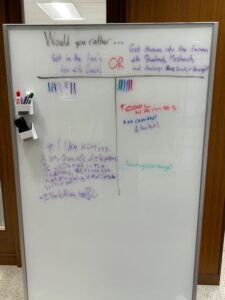




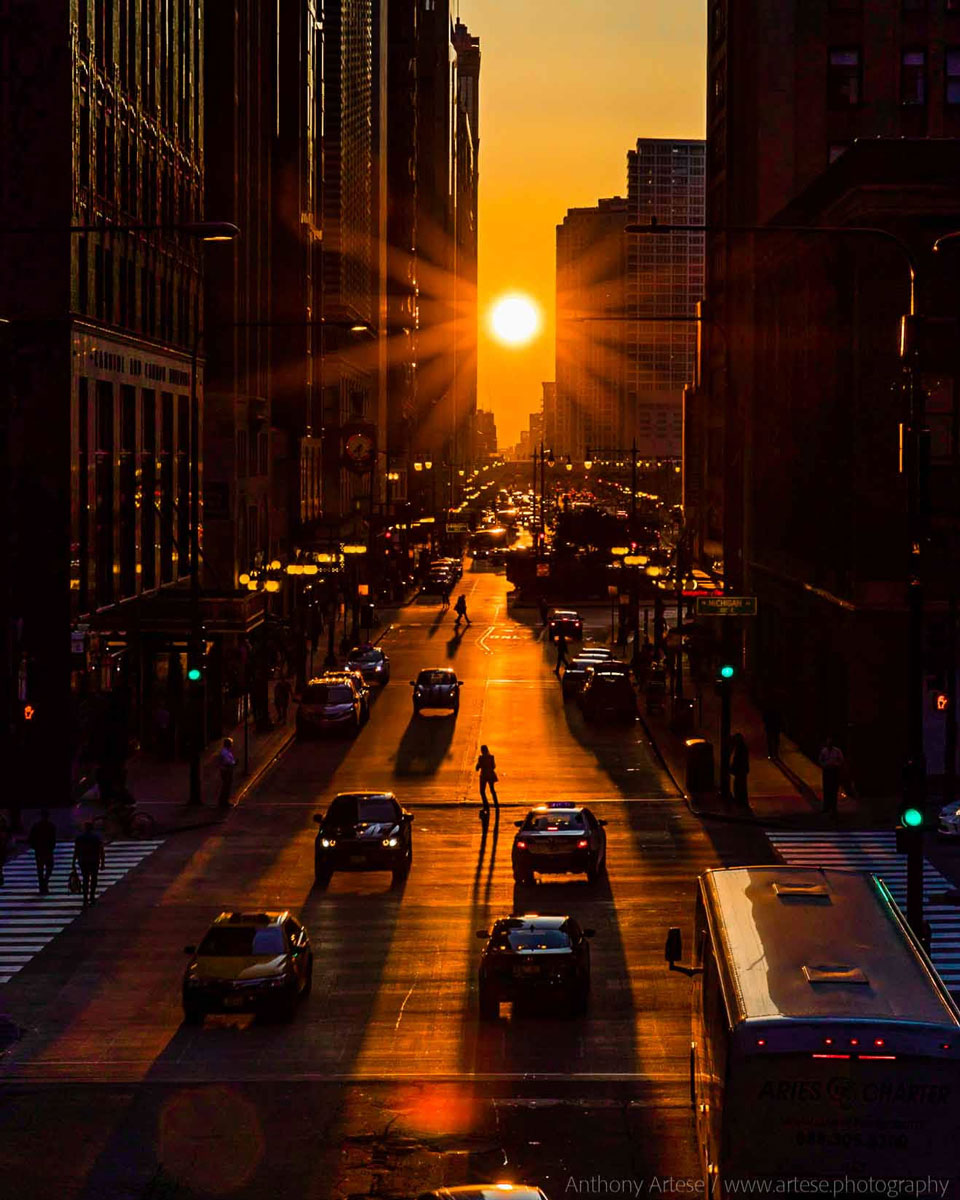



 Most of the people we meet in the Bible are grownups. Adam and Eve may be brand new when we are introduced, but they are born full grown! Likewise, we meet Abraham as an adult, and Paul, and Peter. In the Gospels of
Most of the people we meet in the Bible are grownups. Adam and Eve may be brand new when we are introduced, but they are born full grown! Likewise, we meet Abraham as an adult, and Paul, and Peter. In the Gospels of 
![Title: Disputation with the Doctors [Click for larger image view]](https://diglib.library.vanderbilt.edu/cdri/jpeg/Duccio_di_Buoninsegna_Disputation_with_the_Doctors.jpg) After three days (three days!) Mary and Joseph find their son in the temple, in an intense conversation with the religious leaders. We learn that even as a boy, Jesus has attained a terrifying sense of his identity and calling: “I must be in my Father’s house” (
After three days (three days!) Mary and Joseph find their son in the temple, in an intense conversation with the religious leaders. We learn that even as a boy, Jesus has attained a terrifying sense of his identity and calling: “I must be in my Father’s house” (
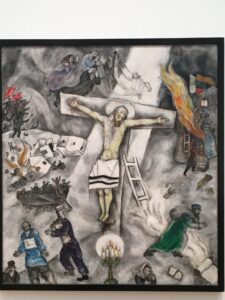




:max_bytes(150000):strip_icc():format(webp)/wizard-of-oz1-b3190fbf82ac4ccb92639ee98d8b9e8b.jpg)
 Some traditional Christian interpreters (Irenaus, Against Heresies 5.21.1; Martin Luther, Lectures on Genesis, 3.4.5) regarded Genesis 3:15 as a prediction of the coming of Christ: the Devil would strike at his heel, wounding him on the cross, but Christ would rise from the dead, and at his return crush the enemy’s head . But as John Calvin observed in his
Some traditional Christian interpreters (Irenaus, Against Heresies 5.21.1; Martin Luther, Lectures on Genesis, 3.4.5) regarded Genesis 3:15 as a prediction of the coming of Christ: the Devil would strike at his heel, wounding him on the cross, but Christ would rise from the dead, and at his return crush the enemy’s head . But as John Calvin observed in his 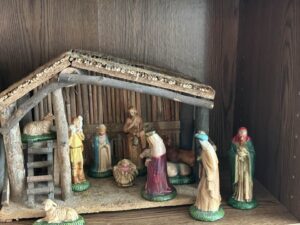

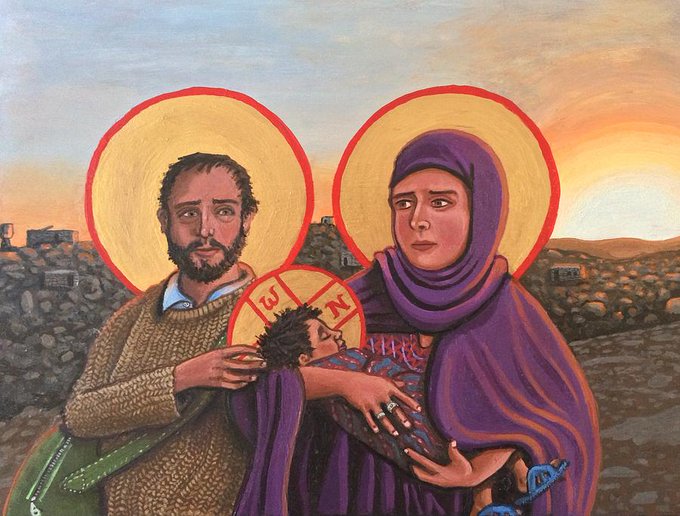





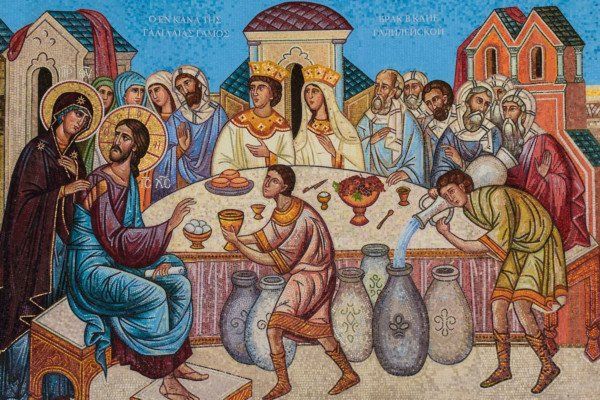
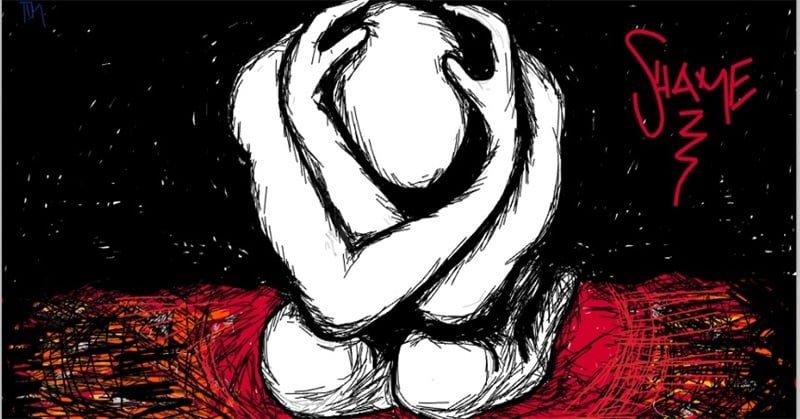


![Title: The birth of Jesus with shepherds [Click for larger image view]](https://diglib.library.vanderbilt.edu/cdri/jpeg/Mafa055.jpg)

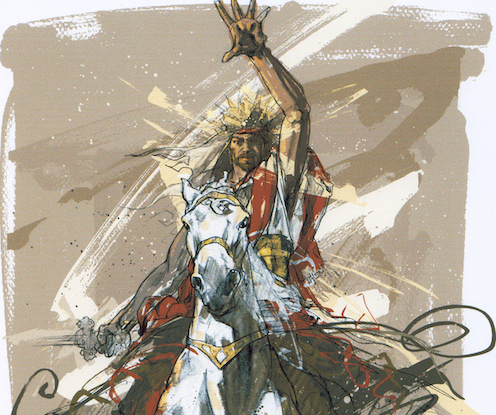
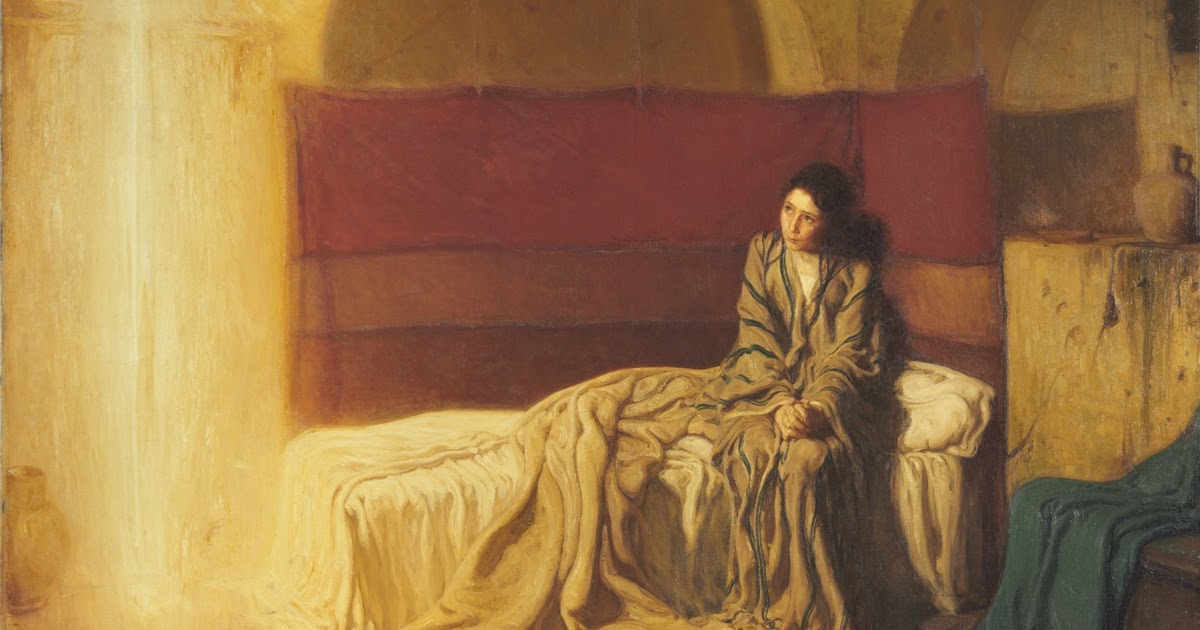

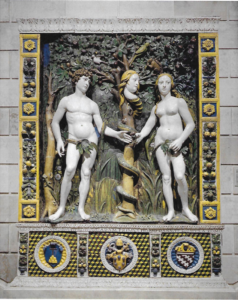

 Further, there may indeed be a hint here about how God might be viewed. While admittedly, male images of God predominate in Scripture, female images as well can be found. In
Further, there may indeed be a hint here about how God might be viewed. While admittedly, male images of God predominate in Scripture, female images as well can be found. In 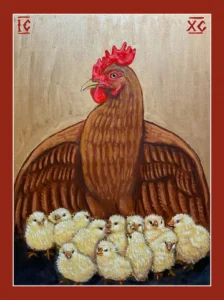
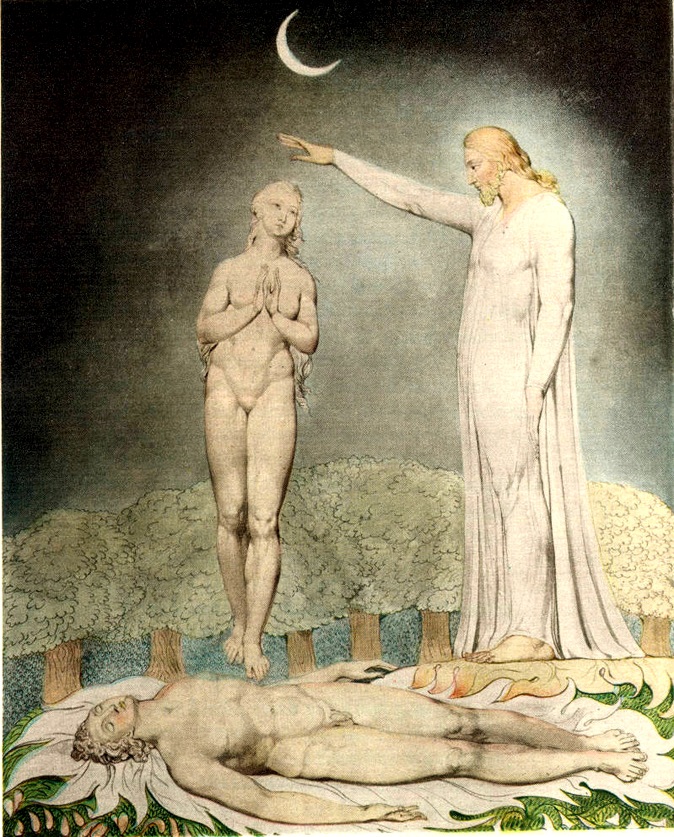


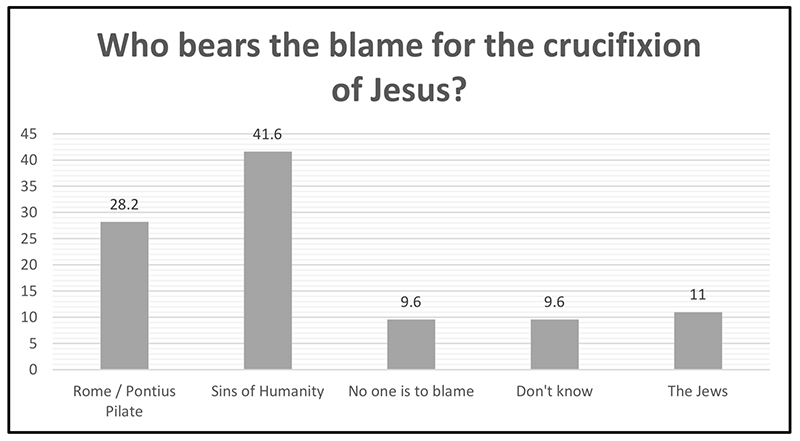
 This was not the first time that Jesus rejected an earthly kingdom. At the very beginning of his ministry, when Jesus was tested in the wilderness:
This was not the first time that Jesus rejected an earthly kingdom. At the very beginning of his ministry, when Jesus was tested in the wilderness: